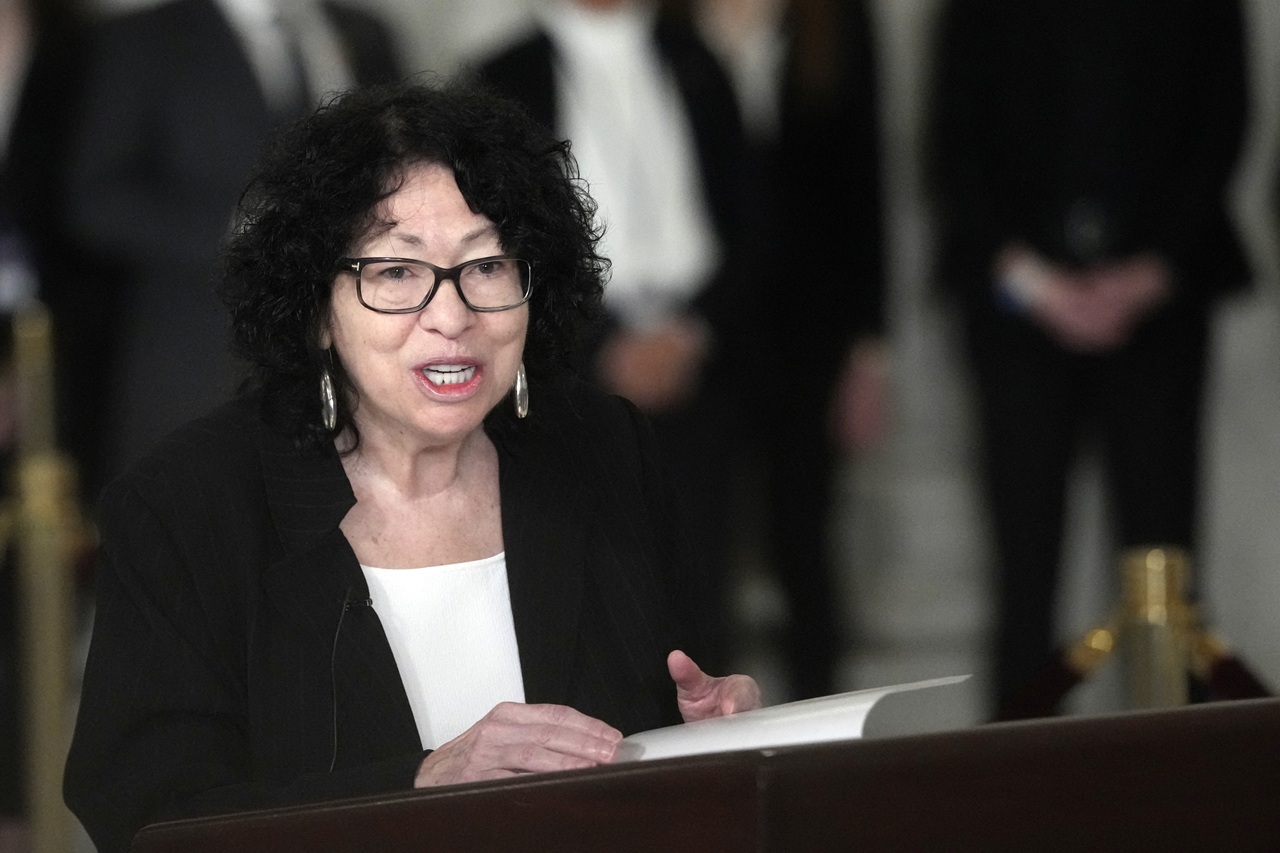
SEPTA Honors Rosa Parks and Claudette Colvin for Black History Month
In addition to cut outs of Rosa Parks on SEPTA buses, there will be a Black History Month trolley with photos of famous Black Americans and SEPTA employees.
For the third year in the row, SEPTA is observing the start of Black History Month with a tribute to Rosa Parks. Parks was a civil rights activist who in 1955, refused to give up her seat on the bus for a white man. This year’s event also highlighted Black inventors and Claudette Colvin, a civil rights activist who was arrested for the same reason as Parks nine months earlier.
The inventors that were highlighted were Granville Tailer Woods, who invented technology that gauged the distance between a moving train as it passes the station and let the engineers communicate directly with the control center; Elbert R. Robinson, who created a trolley wheel design that helped the trolley hold onto the wire while it rounded corners and went downhill; Garrett Augustus Morgan, who invented the yellow traffic light; and Dr. Gladys Mae West, who contributed to the development of GPS.
“These four African American inventors braved prejudice and bias to approve the world with their ideas. These trailblazers were passionate and committed to finding creative solutions they encountered in everyday life,” said Faith Boose, SEPTA’s Customer Experience Manager.
She added, “They were determined not to allow the lack of racial equality, or in some cases no formal education to hinder their desire to develop new concepts, and make improvements to transportation. Their achievements have made our world a safer place to live in, and changed the way we travel today.”
Leslie Richards, the General Manager and CEO of SEPTA, spoke about how transit was at the forefront of the civil rights movement, as well as how racial inequality and transit are intertwined.
“As a leader here at SEPTA, it’s our role to effect change in our organization, because it ultimately affects all the communities that we serve. Transit equals access to jobs, schools, healthcare, etc. We know we are the drivers of access for our diverse communities,” she said.
She went on to talk about signing the Equity in Infrastructure Pledge, which aims to create more contracting opportunities for Historically Underutilized Businesses (HUBs) to help them build generational wealth and reduce the racial wealth gap.
Richards then welcomed Emmanuella Myrthil, SEPTA’s first Chief Equity and Inclusion Officer, who will help implement the pledge’s initiative to provide some remarks. Myrthil was responsible for introducing Richards to Claudette Colvin’s civil rights contributions.
Like Parks, Colvin — a lesser known civil rights activist who was 15 at the time — was arrested after not giving up her seat on the bus for a white person.
RELATED CONTENT
“What you may not know is that she was one of the four names in the Supreme Court lawsuit that would eventually end Alabama’s bus segregation,” Myrthil stated.
“But let me tell you why you really don’t know about Claudette. You don’t know about Claudette because she didn’t have ‘good hair.’ You didn’t know about Claudette because she was not light skinned. You didn’t know about Claudette because she was 15 and pregnant. I daresay that Claudette could relate to more of our female ridership than Rosa. And that’s no disrespect. That’s just the fact,” she added.
To close, Myrthil also expressed a call to action to embrace SEPTA’s inclusive spirit.
“Let us think of all the ways we can include different perspectives into our individual world views. Let us be deliberate about including people who are often denied. And finally let us consider how we can embody different ways of being and responding to each other. Different ways that include being open minded, being empathetic, being kind, all the ways that we encourage inclusion,” she said.
There will also be cut outs of Parks on bus route 33 and trolley routes 11, 13, 34, and 36. The Black History Month trolley also features posters of famous Black figures like Harriet Tubman and Justice Thurgood Marshall, as well as SEPTA employees like Patricia Riley (first female conductor) and Jackie Pettyjohn (first female engineer).
Bruce Fritz, a retired SEPTA employee, created a sculpture of Parks which will be on display in the trolley on the ground floor of SEPTA headquarters.










LEAVE A COMMENT: